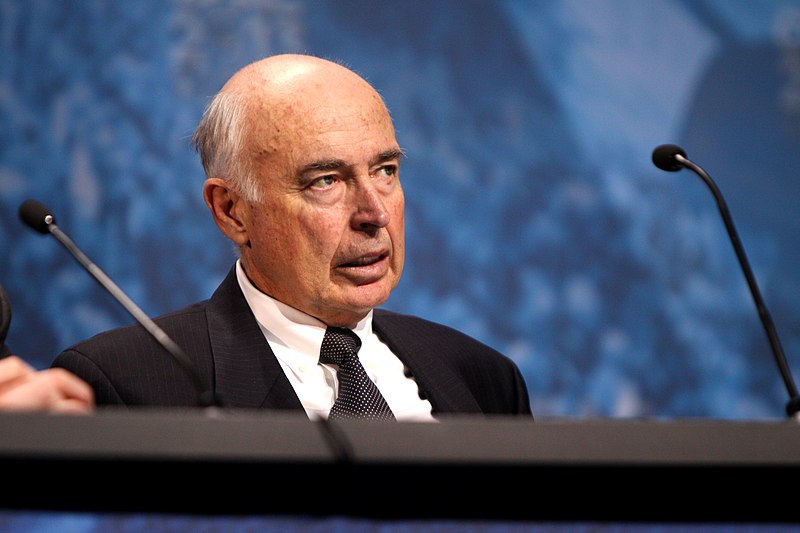
Angelo Codevilla died on September 22. Here’s Steve Hayward’s obituary, here’s Michael Walsh’s and here’s Brendan Dougherty’s. I met Codevilla only once, a few years ago, thanks to my dear friend Jim Lucier. Some may remember him for his translation of Machiavelli’s The Prince , some for his columns. While his blend of conservatism was not to my taste (though his worries about the American ruling class turned out to be prescient), I remember a vigorous man, with a splendid sense of humor.
Both Hayward and Dougherty mention this interview, which indeed provides a glimpse of his personality. The first answer, where he denied he “predicted” the rise of Trumpian populism (which, in many ways, he did), indeed reminds me of the man I met. As does the part of his interview on the Foreign Intelligence Surveillance Act:
The drafting of FISA was a cooperative enterprise between the Democratic majority, at that point, of Congress, the staffers being all Church Committee staffers, every one of them. And the ACLU. What I’m calling the establishment left. They were the drafters.
But the impetus of the drafting came from the FBI, primarily, and secondarily from the CIA, the NSA. The reason for their pressure was that the left had sued individual members of the FBI for having wiretapped them during the Vietnam War, in their communications with North Vietnam, communist Czechoslovakia, the KGB, and so on. Now they didn’t like that, and they wanted to make sure that nothing like that ever happened again.
So the point of FISA from the standpoint of the left was to keep that from happening again. The point of FISA from the standpoint of the FBI etcetera was never to be in a position to be sued again.
Right. A judge signed it. So now it’s legal.
Right. What the FBI etcetera demanded was preauthorization. We will not do any wiretapping unless it is preauthorized. Unless we are ipso facto clean.
Now the objections to FISA were primarily of a constitutional kind, mainly that wiretapping for national security was an inherent part of presidential power. The president is commander-in-chief of the armed forces. And that was a true objection.
I however made a different objection, although I agreed with the constitutional objection. I said that pre-authorization, pre-clearance of wiretapping, would be an unendurable temptation for people in the agencies to do whatever the hell they wanted. They would be exempt from the prudence that the fear of being sued would impose.
My objection caught the eye of the American Bar Association at the time, which organized a debate on that subject at the University of Chicago Law School, with me on one side, and a local law professor by the name of Antonin Scalia on the other.
Scalia took the position that the danger, which I described, which he found real, was minor compared to the need to get the agencies doing their job vigorously. We see how the future turned out.
I must note that Scalia is a southern Italian. And I am a northerner.
Che la terra ti sia lieve, caro Angelo.

Comments are closed.